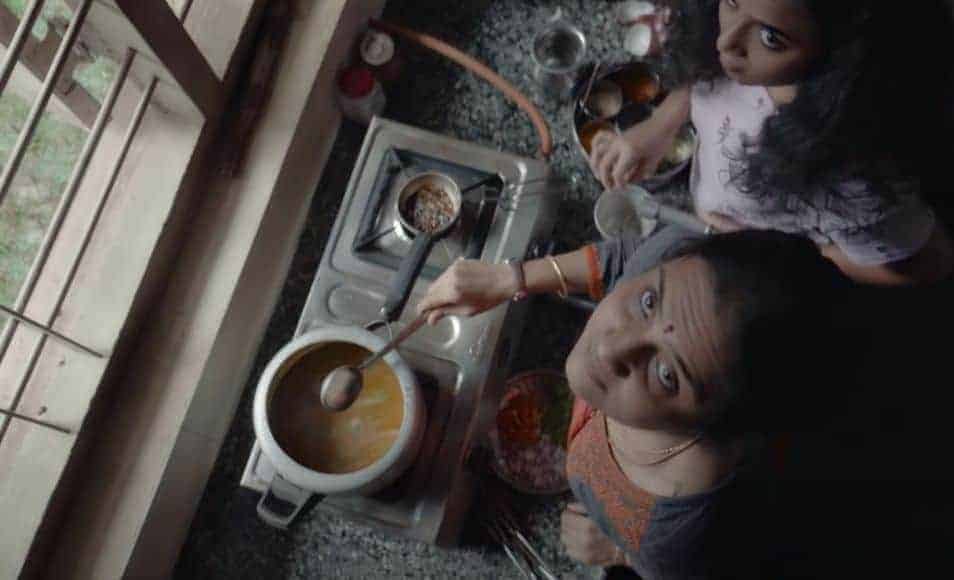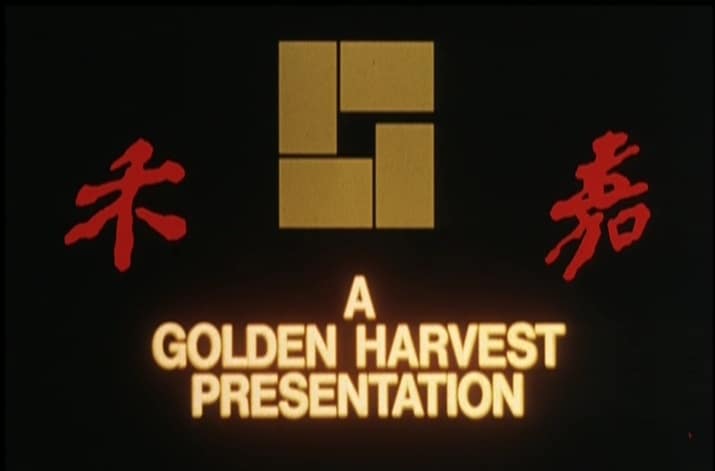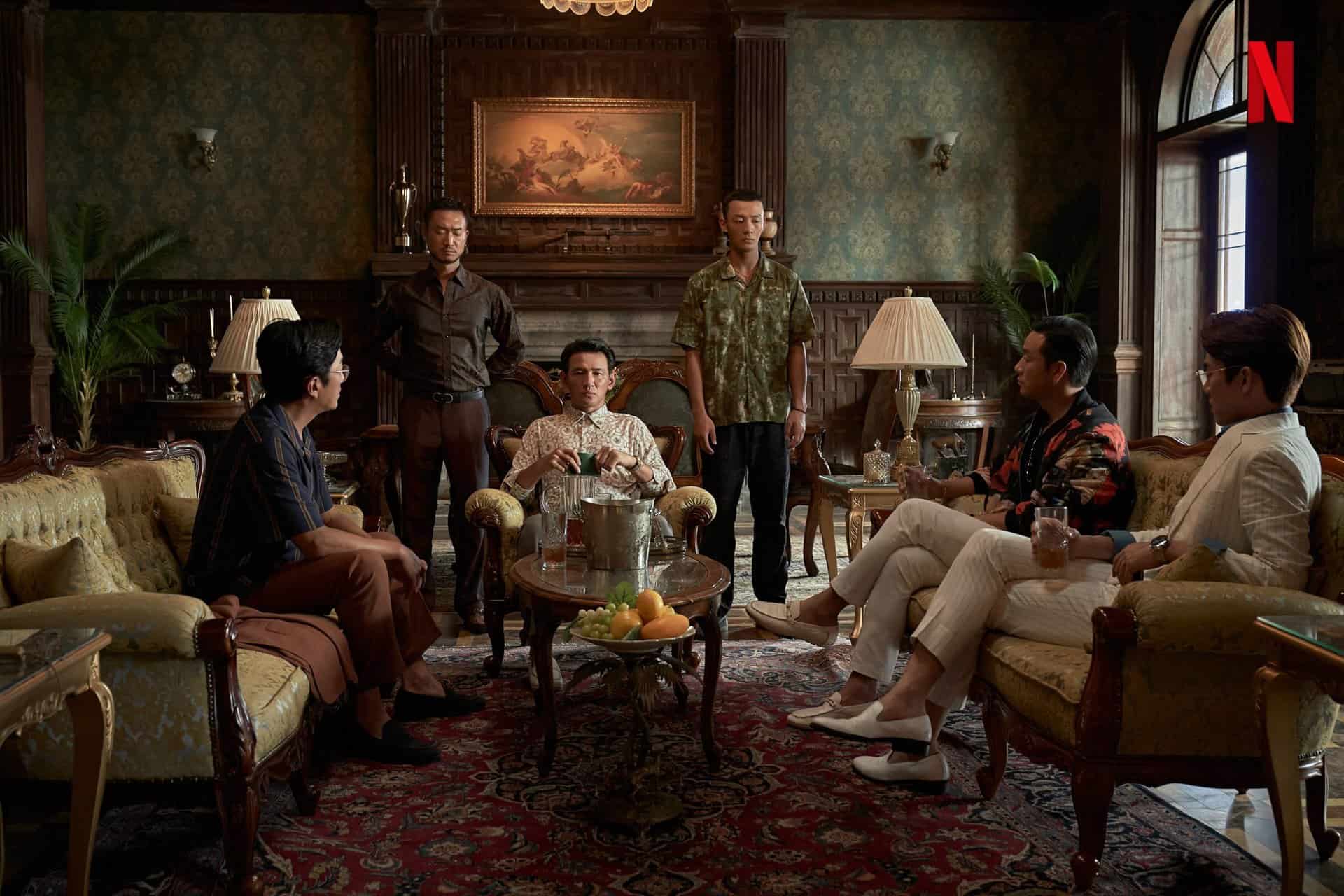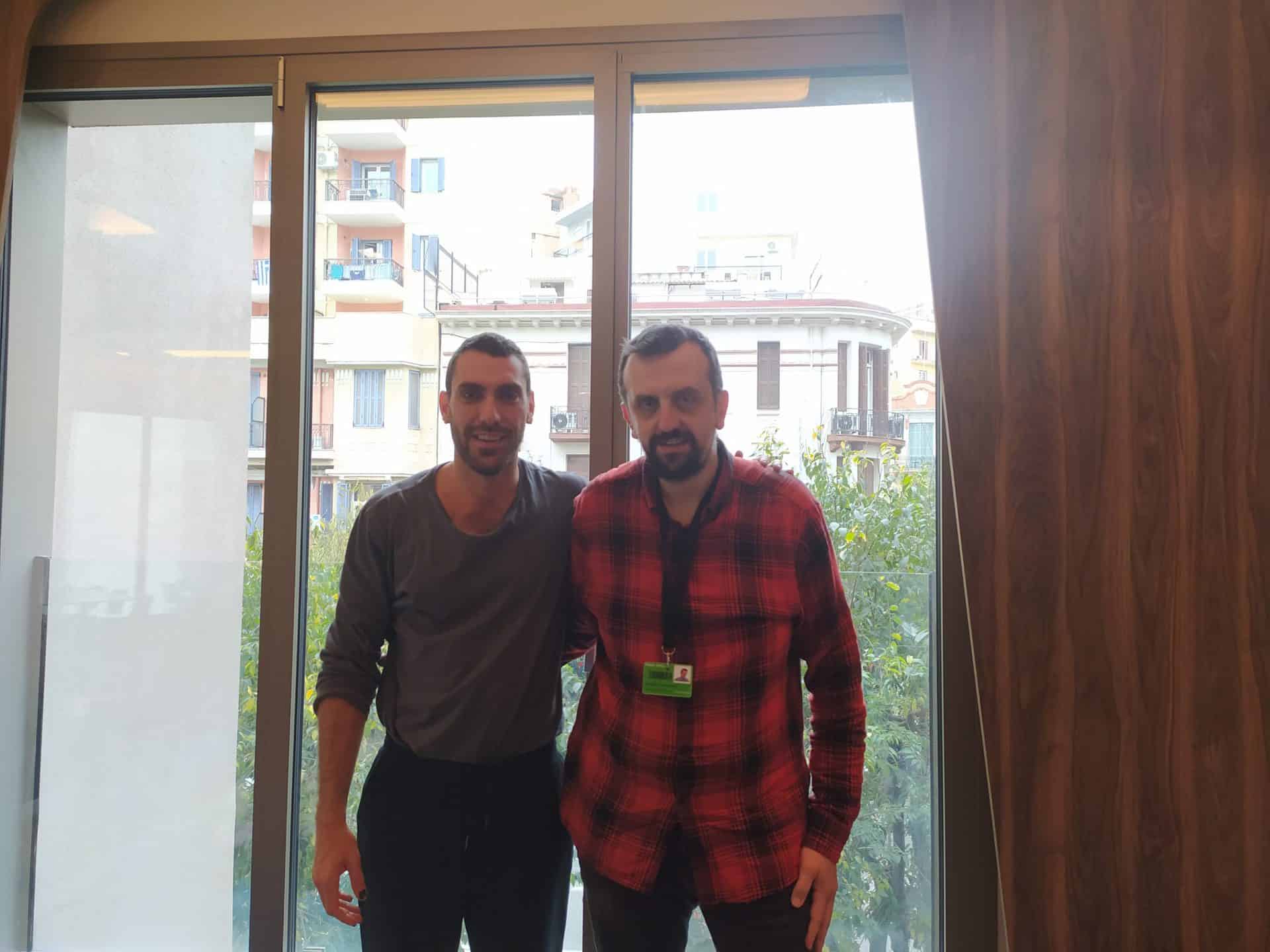Wong Chun (director) and Florence Chan (scriptwriter) studied in the City University of Hong Kong, School of Creative Media. “Mad World” is their first feature film. On the occasion of its screening in ArtFilm Fest in Kosice, we speak with them about their careers, the purpose of the film, working with stars, Hong Kong film industry and many other topics.
“Mad World” screened at Art Film Fest Kosice, that will be on until June 24, 2017
Can you tell us about the path that led you to “Mad World”?
Wong: It started with a competition introduced by the Hong Kong government, and involves funding for first feature directors. So we were recommended by our teacher in City University of Hong Kong, School of Creative Media, and Florence started writing this story.
Florence: I started writing a story having in mind that, since this was government funded, there was no pressure for commercial success and no limitations regarding the subject. So we tried to do something that we can only do in this competition and we wanted to shoot something very realistic and very different from Hong Kong cinema. You don't usually get this kind of film in Hong Kong. They see it as boring, not entertaining. So, I started looking in newspapers and I ran across a small piece about a man who accidentally killed his father and was sent to a mental hospital for his actions. I wanted to show how someone who is involved in such a thing can live afterwards, because I believe that cinema can be a very powerful medium when it portrays the life of a person. Wong did the pitching to the committee, and we eventually got the funding.
Can you tell us a bit about the research you did for people with mental illness, and the procedure of the script writing?
Florence: We read a lot about mental illnesses online, and we also found some actual people with this kind of issues and we interviewed them. But this film is not just about mental illness, it's about different lives in Hong Kong. I drew from everyday life, from things that happen around us.
Wong: We did not only talk to patients, doctors and social workers, but also to truck drivers, since the father in the film is a truck driver. And some parts are from stories around us, from friends or relatives, and not necessarily related to mental illness. For example, regarding the church scene, there was something very similar happening around us.
Florence: Actually, this incident was about a mother and a daughter, where the mother was sitting there listening to how much the daughter hates her. When I heard that story from friends, it was shocking for me, because the 60-year old mother had spent her life not knowing her daughter hates her so much. However, this is very common in Asian countries, because in our families, we don't talk with each other, we don't express our emotions or feelings. We don't say to someone we love or hate him, we just spent our lives together. So this part was about how we relate to each other, how we communicate, how we love and hate each other.
Wong: When I was handling the scene, I didn't want the audience to think we are taking a stand, we are not against Christians or the church. So we talk about the relationships among people, how they are not bad, but manage to hurt each other very much. Actually, every character in the film was hurting each other. But not because they wanted to, not because they are bad, but because they don't handle their relationships properly.
For me, the title actually refers to the fact that a mentally ill man and his father have to live in a tiny apartment. Was that what you were thinking when you picked the title?

Florence: The title describes the situation in Hong Kong at the moment. The flat, for example, is tiny but there are smaller places in Hong Kong, and the rent is still very high. And this thing is ridiculous, but becomes very normal, people in Hong Kong accept this. The flat in the film is not the worst case you can find in Hong Kong.
Wong: There are actually some apartments that are like cages, just enough space for a bed, and people lock themselves in because they are afraid their property will be stolen. Even that little bit they own.
Florence: This situation has been going on in Hong Kong for many years and it never changes. If you look many years back, you can say that the economy was bad, but nowadays, the government keeps saying that we are an international and financial center, although there are still people living like that. A lot of them. And it does not get any better, and the government does not do anything to make things better. This is the Mad World we live in. And the craziest thing is that people actually get used to this.
Wong: I think the title suggests that, since there is that unique situation in Hong Kong, it really affects how people handle their relationships, because of the lack of space. So, all these things around us affect what we are taught and how we handle our relationships and the way family members interact with each other. Because if the world is mad, if the city is mad, then the people inside it are mad too. It is not just a story of a father and a son, not just about one specific family, the whole city is sharing the same atmosphere: stress and family issues and relationship issues. This concept creates the whole character of the city. So, when we watch these two guys, we actually watch the character of the city.
The behavior of the people towards the protagonist, who is mentally ill, is quite bad, dominated by dismay, fear and ignorance. Is this the actual case in Hong Kong at the moment? Do you think the film changed anything, regarding this aspect?
Florence: It is easy for us, as an audience, to see the stigma. What we see from the audience's reactions, is that some people laugh at these scenes, where the protagonist acts out. They laugh because he has a mental illness. The stigma is everywhere. Even the people who went to see “Mad World” they have the stigma, the discrimination towards ill people.
Wong: It is quite interesting when you look at the film. The audience, sometimes, are just like the people in the film. So, when we show the film to the audience we are reminding them of the way we treat minorities of any kind, and that echoes very well. Sometimes, when the audience is watching the film, they think, “this is wrong they should not do that”, but when we walk out of the cinema we may do the same thing, maybe not to those people, but any other minority. Occasionally, we think that the film may inspire the people and change something, and it actually did, but cinema still has some limitations as a medium. It brought some discussions, but we are still not sure what it can do for the city.
Florence: Before the film begun screening, we believed that cinema can change so much. We believed that cinema is so powerful, that when we use it as a medium to communicate a message, a story, it could make a change. There were a lot of discussions in the media about the social issues depicted in “Mad World”, but in Hong Kong, the hype is already gone, because everything changes so fast. Every week they have new things. So, they talked about mental illness last month, but now they don't.
Wong: We had really successful marketing and the hype was big, and the distribution company, Golden Scene, did a great job to promote the film, but all this hype is gone now. We have been working on that film for four years, hoping it can make some changes and of course it did, a bit. As the movie started catching the attention of the audience, we thought that, maybe, we can have an even bigger impact than we thought initially. We thought that we have brought social change to the city, but when the hype was gone, it became obvious that everything remained the same. This concept, of how much we can actually do with cinema, is always troubling us.
The film blames the parents, even for the protagonist's mental situation. Why is that?

Florence: I think it is about education not just parenting. It is not only about the mother and the father, but also about society, what we are trying to teach the children. If you remember the kid in the film, he wanted to plant, he liked planting, but his mother would beat him and throw away his plants. This is how parenting is in Hong Kong. The parents want to mold their children into something they are not, and this actually hurts some people, mentally, for their whole life. The particular boy is very innocent, very young to know what he wants to do, but the protagonist, who is already over 30, he does not know what to do. He only knows he has to make money to take care of his family, but apart from that he does not know what he is doing. And this is very much the case in Hong Kong. I think the educational system has to be blamed for this, but also the parents, as they force their children into something else than they want to be. And I think that also affects the way children interact with their world, and with themselves. Because if you don't know how to accept yourself, you do not know how to love others.
The cast in the film is rather impressive, with Shawn Yue and Eric Tsang in the protagonist roles. Can you tell us about the casting procedure?
Wong: It was one of our wishes to get big stars for the film, because of the nature of the project, which is not a commercial one, since it is fully funded by the government. So, honestly, I did not worry about the profits (although the film, unexpectedly, did quite good) and this allowed us to be a little more free to do our film as we wanted. For example, we didn't make any changes to the script for commercial reasons. But we are not just trying to do something indie or art house, because we know that the local audience is not actually into that. We tried to do something between. We had the script remain unique, in indie spirit, but we tried to cast big stars in order for them to attract the mainstream audience. And, maybe, that is the reason so many people watched the film. My hope is that, even though “Mad World” is not what they are used to watch, maybe they can find something inside it that can surprise them. For example, the fact that they like this kind of films. And in the end, our effort to shoot a film with this combination worked quite well, since the box office was much better than we thought.
About the actors, it was not very difficult to persuade them, because they loved the story. Evidently, the budget was very small and they actually shared some of the profit after the screening of the film instead of getting cash or salary. It helped a lot that they accepted for less money than they are used to.
How was your cooperation with them?
Wong: It has been quite challenging for me but, overall, it went smoother than I thought, because they knew this was not another ordinary Hong Kong film. They were a little more open minded about my decisions, how the scenes are shot, although, occasionally, they had some saying about, for example, where I place the camera during a scene. But, if I was doing something they were more familiar with, maybe they would have been more opinionated. Since this was something new, they were a little more patient to see what we are trying to do. Sometimes, they thought my decisions were odd, not in the standard way of the industry, but they were patient, and, most of the time, we cooperated very well. For example, Eric Tsang has his own way to make a film, but he still respected our way.
Elaine Jin is impressive in the role of the protagonist's mother. Can you tell us a bit about the way you guided her for her scenes?

Wong: Elaine's scenes were all shot in one day. We were on a very tight schedule, actually just 16 days of shooting due to the lack of funds, since the daily payment for the crew was one of the most expensive aspects of the film. So, we planned for 16 days of shooting, and in that schedule, we could only spend one day of shooting Elaine. But she is an excellent actress, and she actually had very similar experiences in her life, as she took care of her father when he was sick.
Florence: She understood the relationship portrayed in the film quite well, because she said that her father had similar behavior to the one her character has on the film.
Wong: She is a very experienced actress and I did not have to guide her much. She did not even need any rehearsals, she was the easiest to work with.
What is your opinion of Hong Kong cinema today?
Florence: People asked us the same question three months ago, and at that time, I was very optimistic. I felt that there are many new filmmakers, telling unique stories that are very different from the blockbuster standards. But after some time, this sense disappeared. There are more blockbusters now, almost no indie films in Hong Kong this year. The hype is gone and everything has gone to normal. I was very optimistic, I thought there were new creative people coming out, but eventually, everything seems to be just the same.
Blockbuster is not a bad thing but the variety is important. It is a healthy concept for the industry to have different films, different stories, but in Hong Kong you see only blockbusters. And although last year there were films that showed a realistic portrait of people's lives in Hong Kong, it seems that, now, it has returned back to the blockbuster.
Wong: It is a positive factor to have new and young directors, but of course, it is not enough yet. However, I think that it is going to work eventually, because it has to, since we are facing the challenge of other Asian countries, which create better, more creative and more quality films. Hong Kong does not hold the place it used to in Asian cinema, and we have to answer this challenge. I don't think HK cinema will disappear, it will find its way. We are changing, and although these changes are not immediate, I remain optimistic.
Which are your favorite films and directors?

Wong: One of the films that has inspired me very much is a HK film of the 90's, called “Cageman”, by Chi Leung ‘Jacob' Cheung. It is a very fine sample of how to merge drama and social issues with entertainment. It is a film very easy to understand, it is very straightforward, and everybody can watch it and enjoy it, but it includes some very deep comments about humanity and social issues, about relationships. It is like a paradigm for me. I believe this is an excellent sample of how cinema should function. The story deals with a group of men who live in a cage, the very small houses we talked before, in a place like a dorm, and people pay to rent these cages for themselves. Eventually the government decides to evacuate the place to demolish it, and they react to it, although their opinions are divided. This concept creates drama and a very fruitful discussion about humanity.
Florence: My favorite director is Kieślowski. He makes me want to study film. For me, everything started from Kieślowski. And I really love Edward Yang. He is really talented and all of his movies have an underlying political context but he never actually speaks about the political situation or about society. Instead, he presents the lives of people and from the tiny details, the way they spend their lives, you can see a very condensed comment about the political and social situation in Taiwan. In that fashion, he does not talk about politics, he talks about people and emotions and from that you get many additional things. In our film, we actually do the same thing, we do not talk about the situation, we talk about people's lives and through them we talk about society.
What are your plans for the future?
Wong: Our next project has been delayed for a while, because we were exhausted after “Mad World”. The shooting finished in 2015 and it took me a year to finish the editing and the post production, because we could not afford an editor and I had to do it by myself. Furthermore, I thought there were many parts that were not shot well, and I tried to fix them or try to cover them, but it was kind of frustrating confronting my weakness, my mistakes. So it took me a very long time to get into an editor's mentality instead of a director's.
Did you have the technical knowledge to edit the film?
Yes, because in film school we have basic cinematography lessons, basic editing, basic script writing and direction. It took me one year, mostly not editing, but realizing my ability and my potential, and that was the first really hard part of the film.
Florence: The promotion period lasted for very long, for 9 months.
Wong: The reason is because it is not a commercial film, so the distribution company decided to take it very slow, to get people aware of it, hoping that it gets some awards from festivals. You cannot just do it like a blockbuster, where the promotion lasts for two months. We promoted for half a year before it was released and we were still doing stuff after the release, so totally 9 months. And the film was shot in 16 days and this brought us in a very confused situation, because we were not trained to do the promotion part, the whole day of interviews in Taipei, for example, answering the same questions and then returning to Hong Kong immediately, and feeling like a product. Of course it is a good thing, because it got many people interested in it, but we were confused because we consider ourselves art people. We did realize that you have to do these kind of things in the film industry, and were surprised because we did not expect it.
Florence: Actually, we started discussing about it since last year, but due to all the promotion time we didn't have the chance to focus on writing, and we really need to do this. It will be something blending the art house and the commercial, like a Trojan horse. It looks like a commercial film, but it is an indie in essence. Next time the horse will be bigger, and it will be more like a crime thriller. We want to explore some issues, to talk about humanity, to explore some themes. We hope that the Trojan horse will attract more audience and our message will be spread further.
















